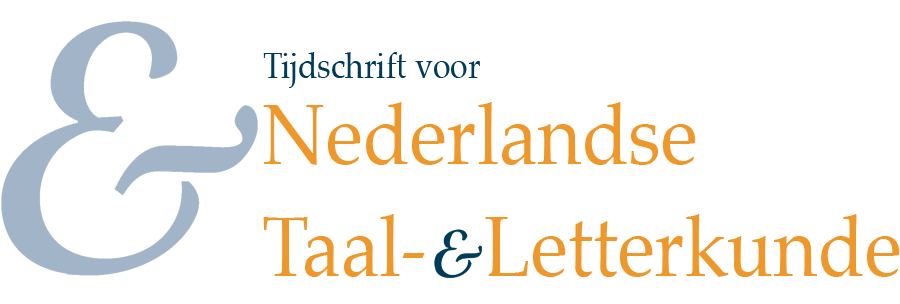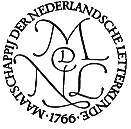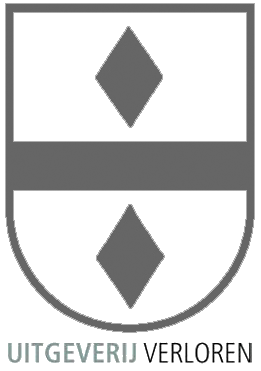De retoriek van de Republiek. Parrhesia in de verwikkelingen rond Vondels Palamedes (1625)
Samenvatting
By means of the allegorical tragedy Palamedes (1625), Vondel accused stadholder Maurits of the unlawful execution of Johan van Oldenbarnevelt in 1619. Vondel’s appeal to truth can be considered as genuine revelation or as rhetorical ploy. This tension between authenticity and rhetoric sets the theoretical framework of parrhesia (frank speech), developed by the late Michel Foucault (1978-1984). Following Foucault, Vondel’s truth claim becomes visible as the symptom of a ‘crisis of truth’ in the Dutch Republic, where political discourse, due to its decentralised structure, was unable to produce ‘truth’ for the well-being of the state. As a result political deadlocks formed a recurring problem; the seventeenth century is punctuated with examples of – predominantly – the stadholder bypassing politics by apolitical means. Analysing the power processes of 1618-1619 and 1625 in terms of discourse, their resonance in Vondel’s Palamedes can be made visible. The primary aim of this article is to demonstrate how the motif of parrhesia in the paratext of Palamedes can be related to the structural confrontation between discourses in the Dutch Republic. To do so, I will successively analyse the paratext of Palamedes, the social network behind the publication, and the political constellation of 1625. I will, in turn, feed back the results to the paratext and show how the sequence of deadlocks and break-throughs in Dutch politics resonates in the text as an allegorical dynamics of concealment and revelation. On a methodological level I aim to demonstrate the relevance of Foucault’s concept of parrhesia for the analysis of texts that functioned in the political discourse of the Dutch Republic and which made an appeal to truth. Accordingly, this study will contribute a historical perspective on twenty-first century political discourse, where parrhesia is again gathering momentum.
Terugverwijzingen
- Er zijn momenteel geen terugverwijzingen.



